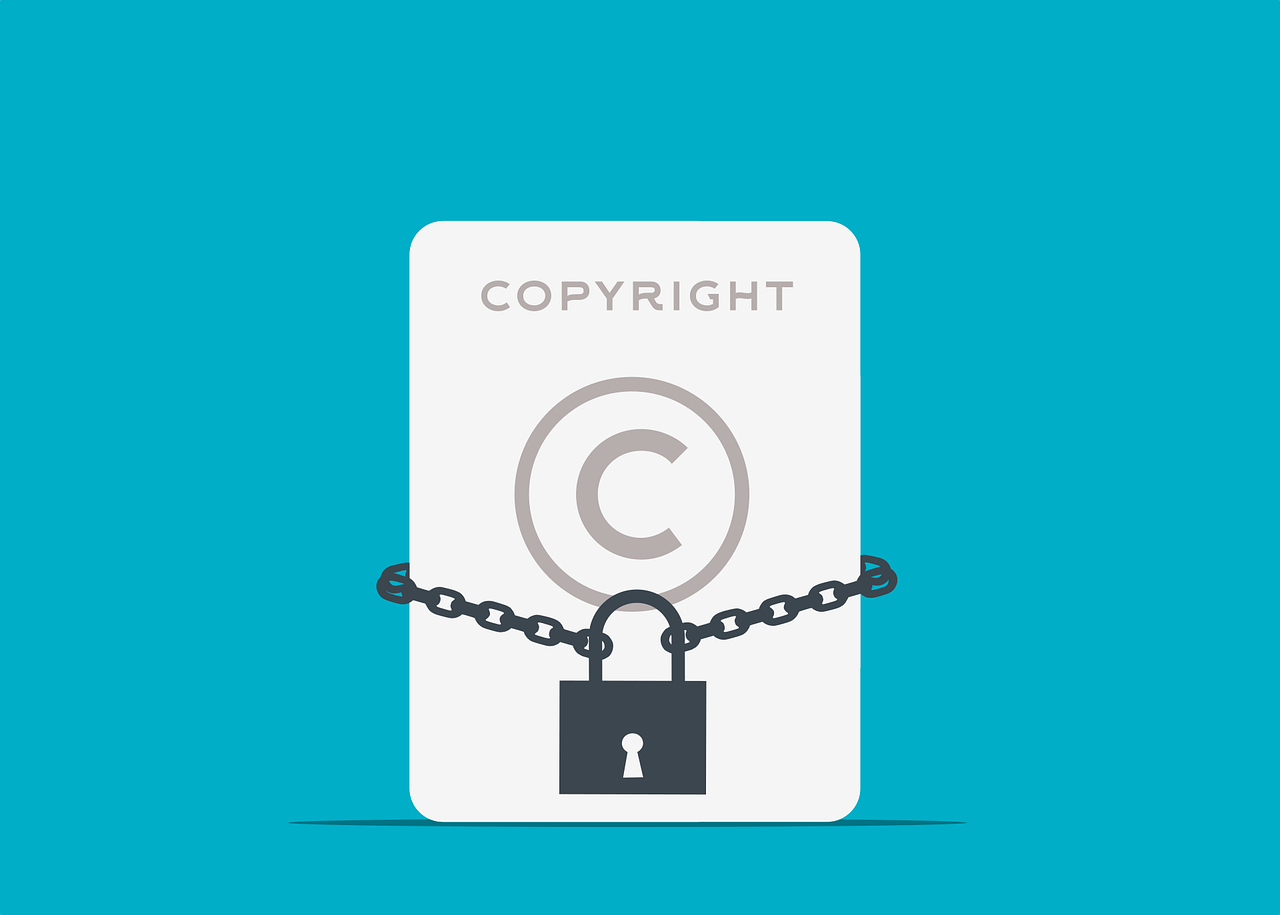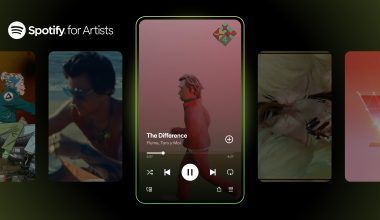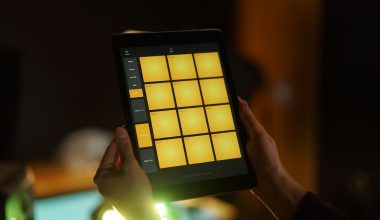If you’re a YouTube creator, chances are you’ve come across the term “Copyright Claims on YouTube” before. It might sound intimidating, but don’t worry—you’re not alone, and understanding it is simpler than it seems. In this blog, we’ll dive deep into what a copyright claim on YouTube means, how it works, and what you can do about it.
What is a Copyright Claims on YouTube?
A Copyright Claims on YouTube happens when someone—typically the owner of a piece of content, like a song or video—identifies their work in your video. YouTube’s Content ID system scans uploaded videos and flags any copyrighted material that matches their database. If your video uses copyrighted content without permission, you’ll receive a claim.
But here’s the thing: a copyright claim isn’t the same as a copyright strike. Claims are more of a heads-up that the content you used belongs to someone else. Strikes, on the other hand, are more serious and can lead to your channel being taken down if you get three of them. So, a copyright claim is more of a warning light than a full-on siren.
How Do Copyright Claims Affect Your Channel?
Copyright claims can have a few different effects depending on the situation. Sometimes, they’re harmless. Other times, they might stop your video from earning money or limit its visibility. Here are the most common outcomes:
- Monetization Restrictions: The copyright owner might choose to monetize your video, which means they’ll get the ad revenue instead of you.
- Visibility Limitations: Your video might be blocked in certain countries or entirely removed from YouTube.
- Analytics Impact: If your video’s reach is restricted, it might not perform as well as others on your channel.
Why Did You Get a Copyright Claim?
The most common reason for a copyright claim is using music, video clips, or other media that you don’t own or have permission to use. For example:
- Adding popular songs to your video
- Including clips from movies or TV shows
- Using stock footage without the right license
Even if it’s just a few seconds, copyrighted material can trigger a claim. YouTube’s Content ID system is thorough and doesn’t miss much.
How to Avoid Copyright Claims
The best way to avoid copyright claims is to stick to content you own or have the proper rights to use. Here are a few tips to keep your channel safe:
- Use Royalty-Free Music: There are many websites where you can find music that’s free to use. YouTube also has its own Audio Library full of tracks you can use without worry.
- Create Your Own Content: If you’re a musician, artist, or filmmaker, using your own work is the safest bet.
- Read Licenses Carefully: If you purchase stock footage or music, make sure you understand the terms of the license.
- Ask for Permission: In some cases, reaching out to the copyright owner can help you secure the rights to use their content.
What to Do If You Get a Copyright Claim
If you receive a copyright claim on YouTube, don’t panic. Here’s a step-by-step guide to handle it:
- Check the Details: Go to your YouTube Studio and find the claim. Look at what part of your video is affected and who made the claim.
- Decide Your Next Steps: Depending on the situation, you have a few options:
- Accept the Claim: If you’re okay with the copyright owner monetizing your video, you can leave the claim as is.
- Replace or Remove the Content: You can use YouTube’s editing tools to mute the audio or swap out the claimed content.
- Dispute the Claim: If you believe the claim is invalid, you can dispute it through YouTube’s system.
Understanding Fair Use
Fair use is a legal doctrine that allows limited use of copyrighted material without permission under certain conditions. For example, using clips for commentary, criticism, or education might fall under fair use. However, fair use is a gray area and can vary depending on where you live. It’s always a good idea to consult a lawyer if you’re unsure.
The Difference Between Copyright Claims and Strikes
It’s important to understand the distinction between claims and strikes. A copyright claim won’t harm your channel’s standing. It’s more about the copyright owner asserting their rights. Strikes, however, are a formal action that can lead to your channel being terminated if you get three.
How to Protect Your Content
Just as you don’t want to violate someone else’s copyright, you also want to protect your own work. Here are a few tips:
- Register Your Content: Consider registering your work with your country’s copyright office to make your ownership official.
- Use Watermarks: Adding a watermark to your videos can deter people from stealing your content.
- File Copyright Claims: If someone uses your work without permission, you can file a claim through YouTube.
The Role of Content ID
YouTube’s Content ID system is the backbone of its copyright enforcement. It scans millions of videos every day and matches them against a database of copyrighted material. If it finds a match, it flags the video and notifies the copyright owner. While this system is incredibly efficient, it’s not perfect. Sometimes, it might flag content mistakenly or fail to detect a violation.
Handling False Claims
False copyright claims can be frustrating, especially if you know you haven’t used any copyrighted material. Here’s what you can do:
- Gather Evidence: Collect proof that the content in question belongs to you or is not copyrighted.
- Dispute the Claim: Use YouTube’s dispute process to challenge the claim. Be clear and concise in your explanation.
- Escalate the Issue: If the dispute isn’t resolved, you can escalate it to YouTube’s legal team.
Final Thoughts on Copyright Claims
Copyright Claims on YouTube might seem like a hassle, but they’re a part of creating in a world where intellectual property is valued. By understanding how they work and taking steps to avoid them, you can focus on what matters most: creating great content for your audience. And remember, every creator faces challenges like this at some point. You’re not alone, and there’s always a solution.
Stay creative, stay informed, and keep building your channel!
For further reading, explore these related articles:
- BTS Records: A Simple Look at Their Amazing Journey
- Be Alright by Dean Lewis: The Lyrics That Touch Your Heart
For additional resources on music marketing and distribution, visit DMT Records Pvt. Ltd..






